Adaptation and natural selection are fundamental concepts in evolutionary Biology. Adaptation refers to the process by which organisms change over time in response to their environment, allowing them to better survive and reproduce. Natural selection, proposed by Charles Darwin, is the mechanism driving adaptation. It involves the differential survival and reproduction of organisms due to variations in traits, leading to the gradual evolution of species. Here we have discussed a few more information related to adaptation and natural selection.
Adaptation and Natural Selection
Adaptation and natural selection are fundamental concepts in the theory of evolution, proposed by Charles Darwin. They are crucial because they explain how species evolve and change over time, leading to biodiversity on Earth.
Define Adaptation
Adaptation is a natural process through which living organisms change and develop over time to better suit their environments. It’s like a survival strategy that helps plants, animals, and other living things thrive in their surroundings. These changes can be physical, like the development of sharp claws or thick fur, or behavioral, such as altering hunting patterns or nesting habits. Adaptations occur over generations and are driven by the pressures of the environment, like food availability, climate, and predators.
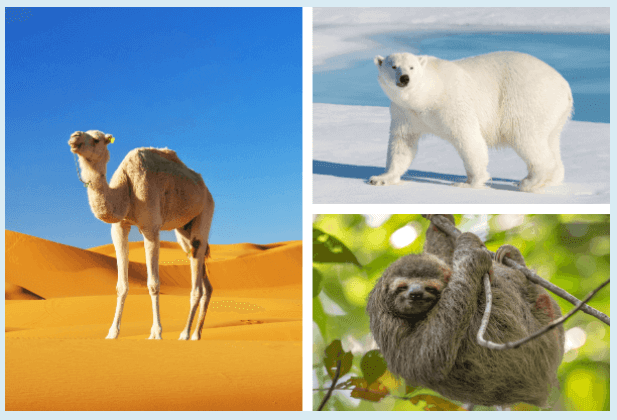
Organisms with beneficial adaptations are more likely to survive and reproduce, passing these advantageous traits to their offspring. This continuous process of adaptation is essential for the diversity of life on Earth, allowing species to adjust to different conditions and ensuring their survival in a constantly changing world.
What is Natural Selection?
Natural selection is a fundamental mechanism of evolution, first proposed by Charles Darwin. It operates in populations over generations, where individuals with advantageous traits have a higher chance of survival and reproduction. These traits are often hereditary, passing from one generation to the next. In essence, natural selection is derived from the environment: organisms that are better adapted to their environment are more likely to survive, reproduce, and pass on their advantageous traits to offspring.
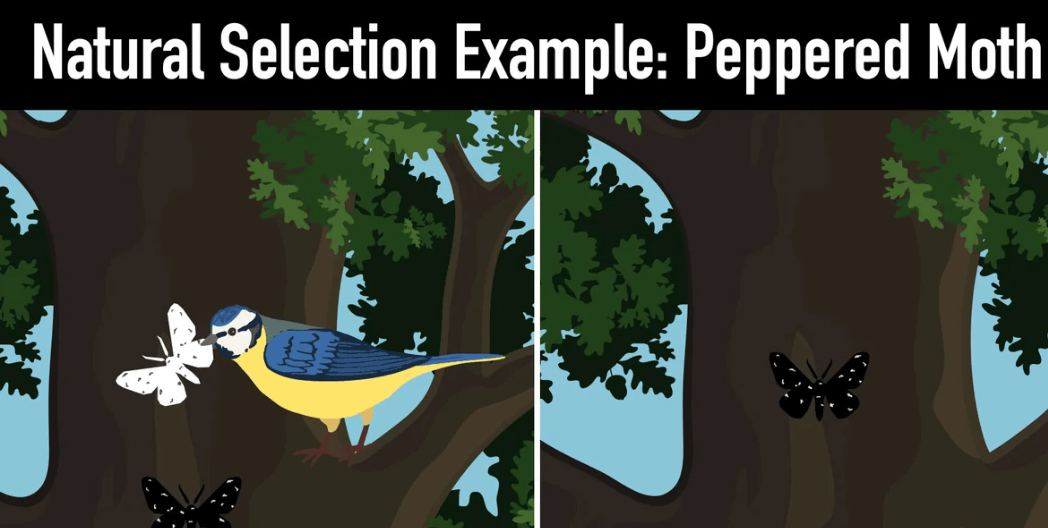
Over time, this process leads to the accumulation of traits that are well-suited for the specific environment, resulting in the specific environment, resulting in the gradual evolution of species. Natural selection is a cornerstone of Darwin’s theory of evolution, explaining the incredible diversity and adaptation of life on Earth.
Difference Between Adaptation and Natural Selection
Adaptation and natural selection are related concepts in evolutionary Biology, but they refer to different aspects of the process of evolution. In summary, adaptation is the broader concept encompassing all changes that make an organism better suited to its environment, whereas natural selection specifically refers to the mechanism by which certain traits become more prevalent in a population due to their advantageous effects on survival and reproduction.
| Difference Between Adaptation and Natural Selection | ||
| Aspect | Adaptation | Natural Selection |
| Definition | Adaptation is a trait or feature that helps an organism survive and reproduce in its environment. | Natural selection is the process through which certain traits are favored in a population due to their contribution to survival and reproduction. |
| Origin | Adaptation can be inherited or acquired during an organism’s lifespan. | Natural selection is the result of the differential survival and reproduction of individuals with advantageous traits. |
| Mechanism | Adaptation can occur through genetic changes or behavioral adjustment. | Natural selection operates through the differential reproductive success of individuals with advantageous traits. |
| Focus | Adaptation focuses on an individual level. | Natural selection focuses on the population level. |
| Time Scale | The time scale of adaptation is short-term. | The time scale for natural selection is long-term. |
| Scope | Adaptation can refer to both physical and behavioral traits. | Natural selection primarily refers to genetic traits affecting survival and reproduction. |
| Role of Environment | Adaptation can be influenced by environmental pressures, but not necessarily by competition with others. | Natural selection is derived from environmental factors and competition among individuals for resources. |
| Inheritance | Adaptation may not always be passed on to offspring. | Traits favored by natural selection are passed on to future generations. |
| Purpose | Adaptation enhances an organism’s fitness in its specific environment. | Natural selection shapes the genetic makeup of populations over generations. |
| Directionality | Adaptation can be specific to an individual organism’s needs. | Natural selection leads to the gradual improvement of traits in a population over time. |
| Examples | Examples of Adaptation include camouflage, and web-spinning in spiders. | Examples of natural selection include Darwin’s finches’ beak size and peppered moths’ coloration. |
Importance of Adaptation and Natural Selection
Adaptation and natural selection are important because they explain the processes through which species evolve, ensuring their survival in changing environments and leading to the incredible biodiversity observed in the natural world. Here we have discussed a few points on the importance of adaptation and natural selection:
- Survival of the Fittest: Natural selection ensures the survival of individuals that are best suited to their environment. Traits that enhance an organism’s survival and reproduction are passed on to the next generation, leading to the gradual accumulation of beneficial traits in a population.
- Biodiversity: Adaptation and natural selection are responsible for the vast diversity of life forms on Earth. Different species have evolved unique traits and characteristics that help them thrive and characteristics that help them thrive in specific environments. This diversity is essential for the stability and resilience of the ecosystem.
- Environmental Change: Adaptation and natural selection allow species to cope with changing environmental conditions. As environments change over time, species that can adapt to these changes have a higher chance of survival. This adaptability is crucial in the face of factors like climate change and habit destruction.
- Medicine and Agriculture: Understanding adaptation and natural selection is vital in fields like medicine and agriculture. It helps scientists develop strategies to combat diseases, breed resilient crops, and understand the emergence of drug-resistant organisms.
- Reproduction: Adaptation often influences an organism’s reproductive success. Traits that enhance reproductive abilities, such as attracting mates or ensuring successful reproduction, are favored by natural selection, leading to the transmission of these traits to future generations.

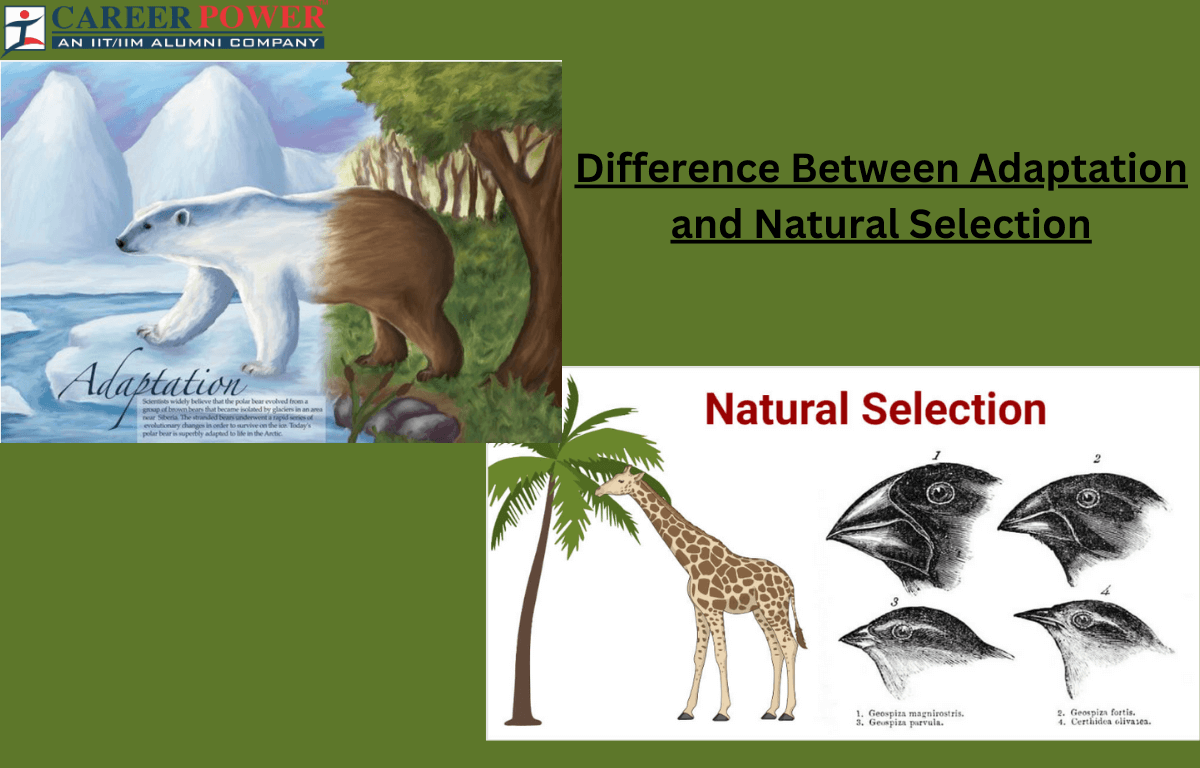

 50 Vegetables Name for Kids in English a...
50 Vegetables Name for Kids in English a...
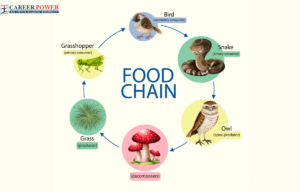 Food Chain: Definition, Types, Examples,...
Food Chain: Definition, Types, Examples,...
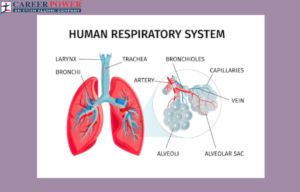 Human Respiratory System: Definition, Di...
Human Respiratory System: Definition, Di...













